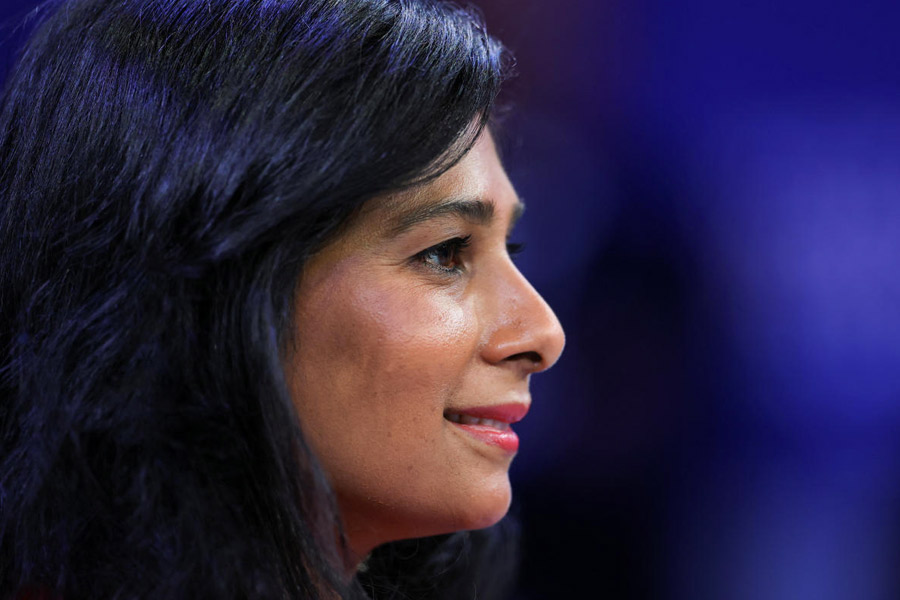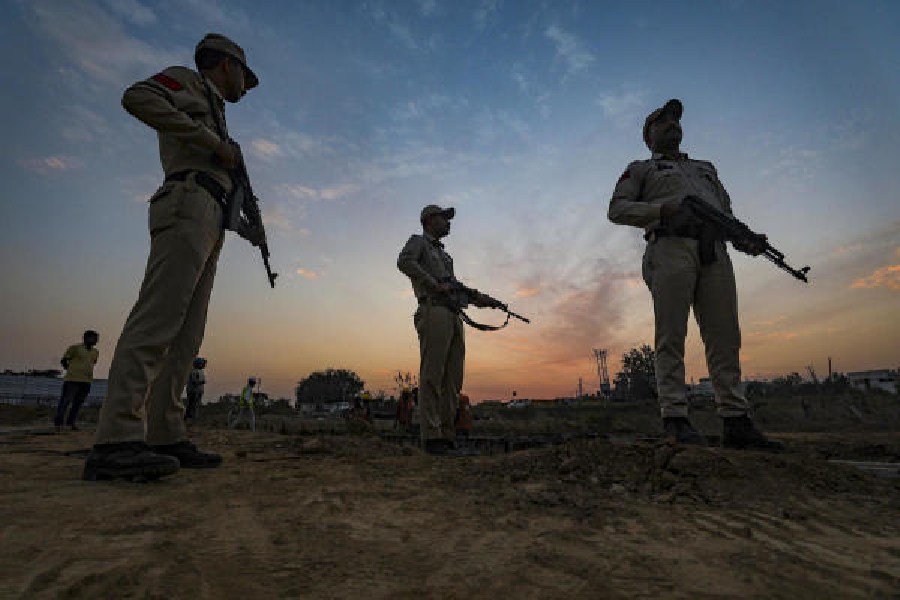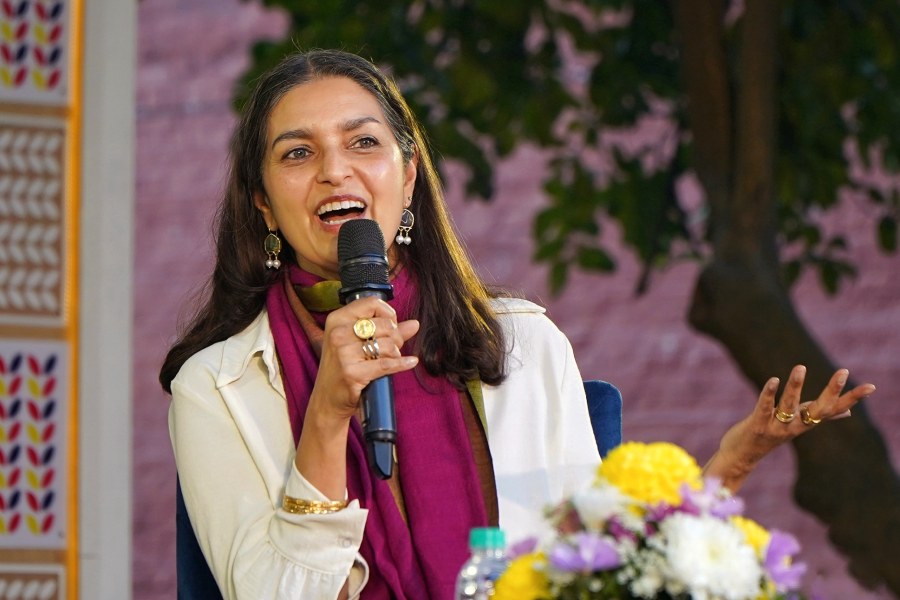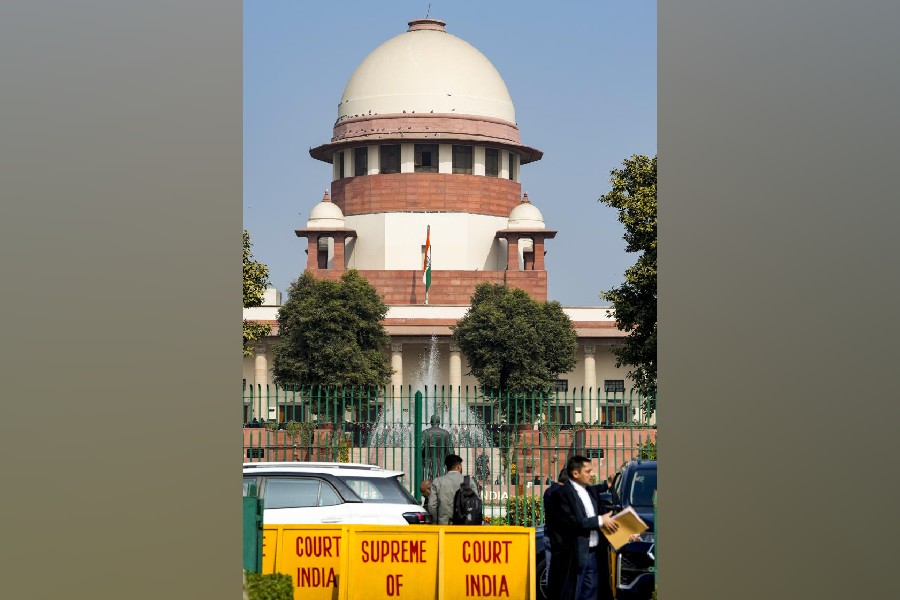Japanese wisdom
Sir — The 2023 Netflix documentary, Secrets of the Blue Zones, turned the spotlight on the Japanese concept of ‘Hara Hachi Bu’, making it a vanguard in global dietary practices. Alluding to the concept of mindful eating, Hara Hachi Bu, a phrase spoken aloud before meals, means not eating once the belly is 80% full. It has been a way of life in Japan since antiquity and has been one of the driving forces behind the exceptional longevity of its population. But the Japanese wisdom will perhaps be lost on most Indian mothers who love force-feeding their children or are worried when their wards’ tummies are not adequately full.
Jhinuk Dey,
Calcutta
Trailblazer
Sir — Banu Mushtaq has become the first Kannada author to win the International Booker Prize for her collection of short stories, Heart Lamp, which was translated by Deepa Bhasthi. Written between 1990 and 2023, the 12 short stories poignantly capture the hardships faced by Muslim and Dalit women living in southern India (“Tales of women light a lamp at Booker”, May 22).
Mushtaq has always laboured to bring out the diverse facets of the patriarchy entrenched in society and give wings to local dialects, folk traditions and lyricism. With Heart Lamp, Kannada literature has touched universal grounds.
Vijay Singh Adhikari,
Nainital
Sir — Congratulations to the multi-faceted Kannadiga author, Banu Mushtaq, who is also a lawyer and activist, on winning the International Booker Prize. Sharing the credit with Deepa Bhasthi, who translated Heart Lamp into English, Mushtaq has been able to send her message on women’s sufferings across the globe.
Srinjaya Bhattacharya,
North 24 Parganas
Sir — The International Booker Prize for Heart Lamp marks a luminous milestone for Indian literature (“Prized light”, May 22). Banu Mushtaq’s powerful tales of Muslim women, their struggles, resilience, and silent rebellions, have resonated across borders. That this is the first short story collection to bag the prize makes it historic.
The recognition celebrates not just literary excellence but also the voices from the margins that often go unheard. Deepa Bhasthi’s radical translation deserves equal applause for retaining the lyrical and political soul of the original. This win is a firefly moment. It should blaze a trail for India’s regional literatures to receive the global spotlight they so richly deserve.
Gopalaswamy J.,
Chennai
Sir — It is a proud moment for Indian literature that Heart Lamp, a collection of short stories in Kannada, has won the International Booker Prize for 2025. Banu Mushtaq’s dedication to narrating stories and her strong ties to her origins, aided by Deepa Bhasthi’s dynamic English translation, have appealed to a global audience. Mushtaq’s triumph is a testimony to the power of narrative and the necessity for elevating society’s silenced voices. Heart Lamp’s recognition illustrates that writing can be a powerful and changing force that motivates others to dream and create.
Ranganathan Sivakumar,
Chennai
Other wars
Sir — Reading the article, “War stories” (May 20), reminded me of the tales of adventure that my father, who served in the Indian army, and his colleague from the air force, used to tell us in our childhood. The narratives of India’s altercations with the enemy, particularly in 1971, are pivotal. It must be noted that historically, the reports of conflicts shared by the Indian government have been countered by Pakistan with false claims. This was the case even during the recent skirmishes along the Line of Control. The proverb, ‘old habits die hard’, rings true of Pakistan.
Alok Ganguly,
Nadia
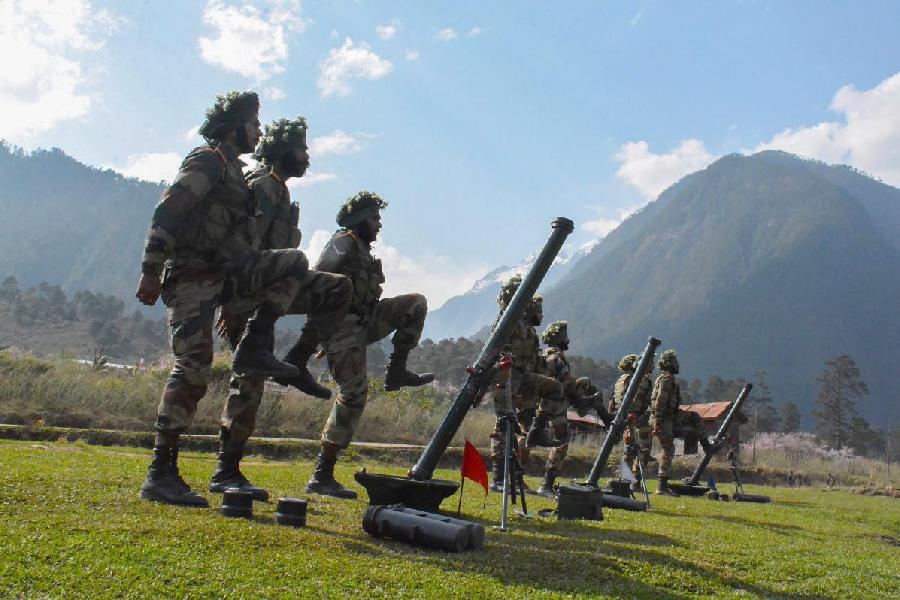
Sir — The editorial, “All for one” (May 20), and Ruchir Joshi’s article, “War stories”, converge in their argument on the diplomatic manoeuvring of events that unfolded since the Pahalgam terror carnage.
While the editorial argues that no government in the world will deny that Pakistan harbours terrorist organisations that have targeted India, Joshi reasons that there is no military solution to the problems besetting India and Pakistan. Was a precise military response like Operation Sindoor to the Pahalgam militancy not inevitable?
Sukhendu Bhattacharjee,
Hooghly
Tragic loop
Sir — The Indian Meteorological Department’s alert of heavy rainfall between May 21-24 has triggered the usual wave of warnings by civic authorities. One wonders whether this will lead to real preparation or just another episode of flooded streets and waterborne diseases.
The metropolises are stuck in a tragic loop — monsoon arrives, chaos follows, the buck is passed, and nothing changes. The authorities must stop reacting and start preparing. Pre-monsoon drain cleaning, emergency response drills, and citizen awareness are not optional. Instead of building smart cities, India is only getting better at making smart excuses.
Mohammad Hasnain,
Muzaffarpur


